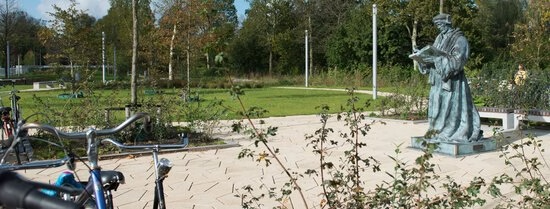Willem Schinkel
Willem Schinkel is Professor of Social Theory at Erasmus University Rotterdam, Department of Public Administration and Sociology. He has been visiting professor at NYU and Humboldt University Berlin, and he is currently a member of The Young Academy of the Royal Netherlands Academy of Arts and Sciences. His research is geared towards a theoretically informed critical analyses of public issues ranging from migration and climate change to contemporary capitalism, democracy and smart cities. His research draws from a variety of disciplines, including sociology, philosophy, anthropology, STS, cultural studies and media studies. It has been funded by NWO (by a Veni grant) and the ERC (by an ERC Starting Researcher Grant). Amongst others, he is the author of Denken in een tijd van sociale hypochondrie (Klement, 2007), De gedroomde samenleving (Klement, 2008), Aspects of Violence (Palgrave Macmillan, 2010); editor of Globalisation & the State (Palgrave Macmillan, 2009); co-editor, with Liesbeth Noordegraaf-Eelens, of In Medias Res. Peter Sloterdijk's Pherological Poetics of Being (Amsterdam University Press, 2011); and author of De nieuwe democratie (Bezige Bij, 2012), Over nut en nadeel van de sociologie voor het leven (Boom Filosofie, 2014), and Imagining European Societies. A Critique of Immigrant Integration (Cambridge University Press, 2016).
Read more
